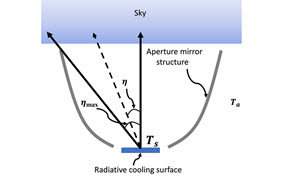Jonathan Cooper: Using sound and light for disease diagnosis
Jonathan Cooper is Head of the Division of Biomedical Engineering, in the School of Engineering at the University of Glasgow. He developed the first undergraduate degree in Biomedical Engineering in Scotland, with major teaching contributions from Engineering, Biology and Medicine, as well as Glasgow's hospitals. He is also the Dean of Graduate Studies in the College of Science and Engineering and sits on the College Management Board. He also leads Glasgow University's Doctoral Training Centre in Cell and Proteomic Technologies.
His Advanced Medical Diagnostics research group work is supported through strong national and international collaborations with academia and industry, particularly in the development of microfluidic devices for proteomics, the development of cell-based technologies for the pharmaceutical industry, lab-in-a-pill, biophotonics as well as high-resolution spectroscopy for biomaterial characterization.
The group works to identify parasites of infectious diseases, such as malaria or sleeping sickness, for diagnostics in the developing world.
Cooper was elected as a Fellow of the Royal Academy of Engineering (2004) and a Fellow of the Royal Society of Edinburgh (2001). He was appointed to the Wolfson Chair in Biomedical Engineering in 2009 and was awarded a Royal Society Merit Award in 2010.



